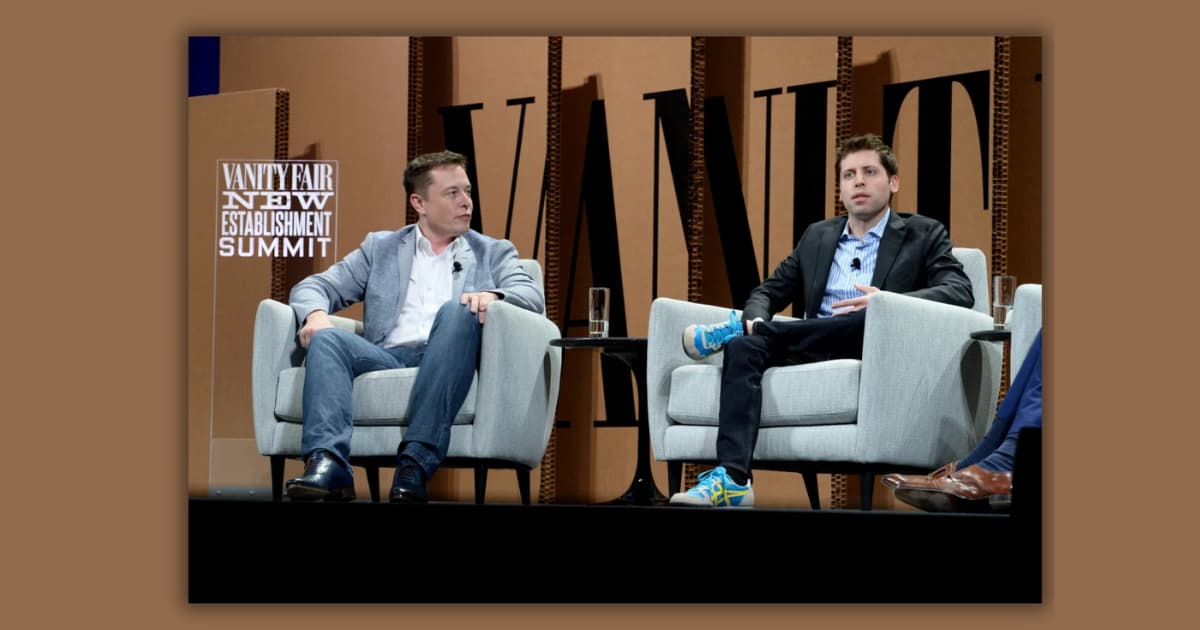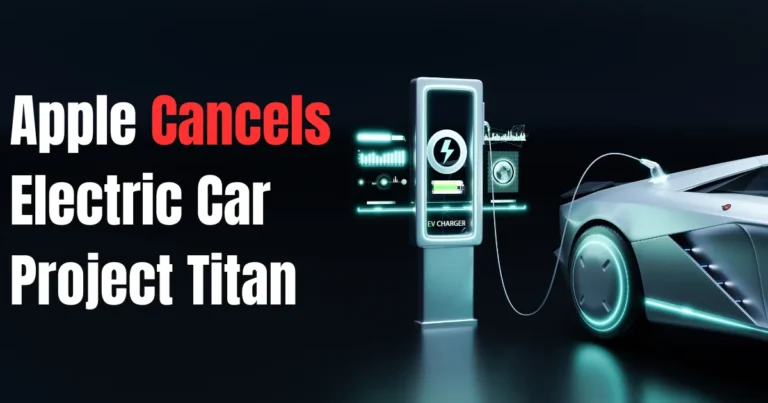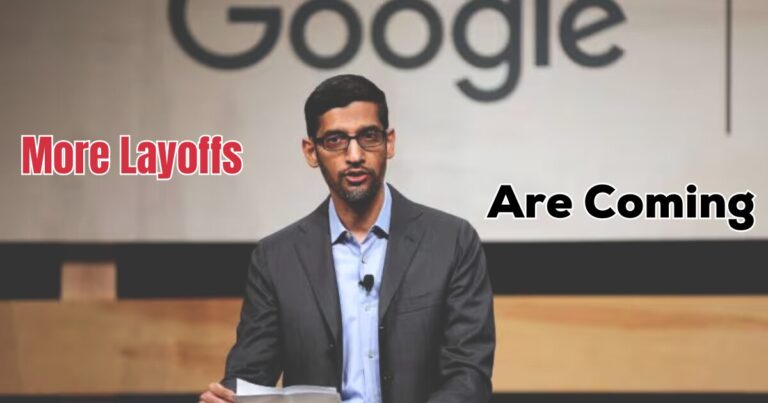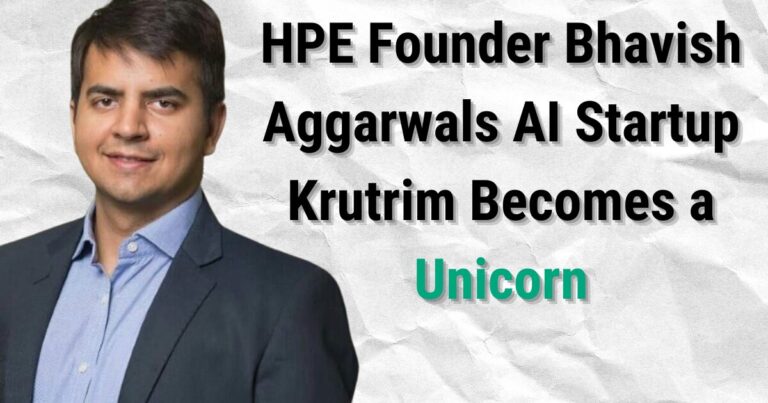Elon Musk Sues OpenAI Over Contract Breach and Profit Shift

Elon Musk, a co-founder and early backer of OpenAI, has filed a lawsuit against the company, its co-founders Sam Altman and Greg Brockman, and affiliated entities. The lawsuit, filed in San Francisco, alleges that OpenAI has breached their original contractual agreements.
Musk claims that OpenAI, initially founded as a non-profit with a mission to develop AI that benefits humanity, has shifted to a for-profit model focused on commercializing its AI research after partnering with Microsoft.
Musk argues that this shift represents a betrayal of the founding agreement, which required OpenAI to make its technology “freely available” to the public. He alleges that OpenAI has been transformed into a “closed-source de facto subsidiary” of Microsoft, prioritizing profits over the benefit of humanity.
The lawsuit cites Musk’s significant financial contributions to OpenAI, totaling over $44 million, and his refusal to accept a stake in the for-profit arm of the startup.
The legal complaint also focuses on OpenAI’s GPT-4, which Musk claims constitutes artificial general intelligence (AGI) that should not be licensed for private gain.
Musk is seeking to compel OpenAI to adhere to its original mission and prevent the monetization of technologies developed under its non-profit status for the benefit of executives or partners like Microsoft. The lawsuit requests accounting and potential restitution of donations meant for public-minded research, alleging a shift in OpenAI’s focus towards private gain.
This lawsuit follows Musk’s previous concerns about OpenAI’s priorities and its close ties with Microsoft. OpenAI’s launch of ChatGPT sparked an AI arms race, with Microsoft CEO Satya Nadella recently stating their superiority in the field.
The lawsuit presents evidence of Microsoft’s strong influence over OpenAI, including statements by Nadella about Microsoft’s comprehensive rights and capabilities regarding OpenAI’s technology.
Musk’s lawsuit raises significant questions about the governance, ethics, and future direction of AI development, particularly regarding the balance between public benefit and private profit in the rapidly evolving field of artificial intelligence.






